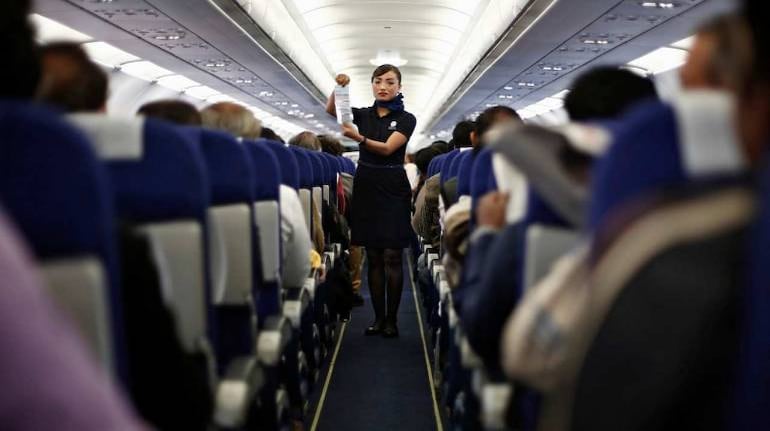



Daily domestic air passenger traffic in India crossed the 300,000-mark on October 9 as the threat of COVID-19 eases in the country and passengers started traveling ahead of the upcoming festival season.
Domestic airlines carried around 304,020 passengers on 2,340 flights on October 9, as the trend of air passenger traffic rising in the first week of every month continued for the third straight month in October.
The domestic air traffic on October 9 was around 76 percent of pre-COVID level while the domestic flight departures on the same day were around 81 percent of pre-COVID level. In January 2020, airlines carried around 3,50,000 flyers and flew close to 2,600 flights daily.
Industry executives credit the rise in domestic air passenger traffic to the government delaying in announcing a fare band, which allowed airlines to offer tickets at a cheaper rate than the government prescribed fare band.
At the moment, the government allows domestic airlines to operate 85 percent of their fleet capacity and has set fare bands that last for around 15 days, which has helped more travellers take to the air.
This gives airlines enough time to sell tickets at prices that are at least 30-40 percent lower than what was mandated by the Directorate General of Civil Aviation, beyond the dates of the set fare bands.
The government had in April 2020, following the outbreak of the COVID-19 pandemic, imposed restrictions on capacity utilisation and fare bands for domestic airlines to operate in, in order to avoid monopolisation in the market and to avoid the spread of the virus.
The fare bands and capacity utilisation is regularly tweaked by the government as the threat of COVID-19 eases, the government in May 2021, had cut capacity utilisation.
Domestic air passenger traffic in India has been rising sequentially every month since July which is a good sign for the domestic industry which has taken a hit since the outbreak of the COVID-19 pandemic.
The rise in domestic air passenger traffic has once again sent some domestic airlines knocking on the doors of the government, seeking a return of the free market regime in the Indian aviation industry.
However, this has also fuelled a greater risk of the third wave of Covid-19 infections, the Indian Centre of Medical Research (ICMR) worried and advised against "revenge travel".
Discover the latest Business News, Sensex, and Nifty updates. Obtain Personal Finance insights, tax queries, and expert opinions on Moneycontrol or download the Moneycontrol App to stay updated!
Find the best of Al News in one place, specially curated for you every weekend.
Stay on top of the latest tech trends and biggest startup news.